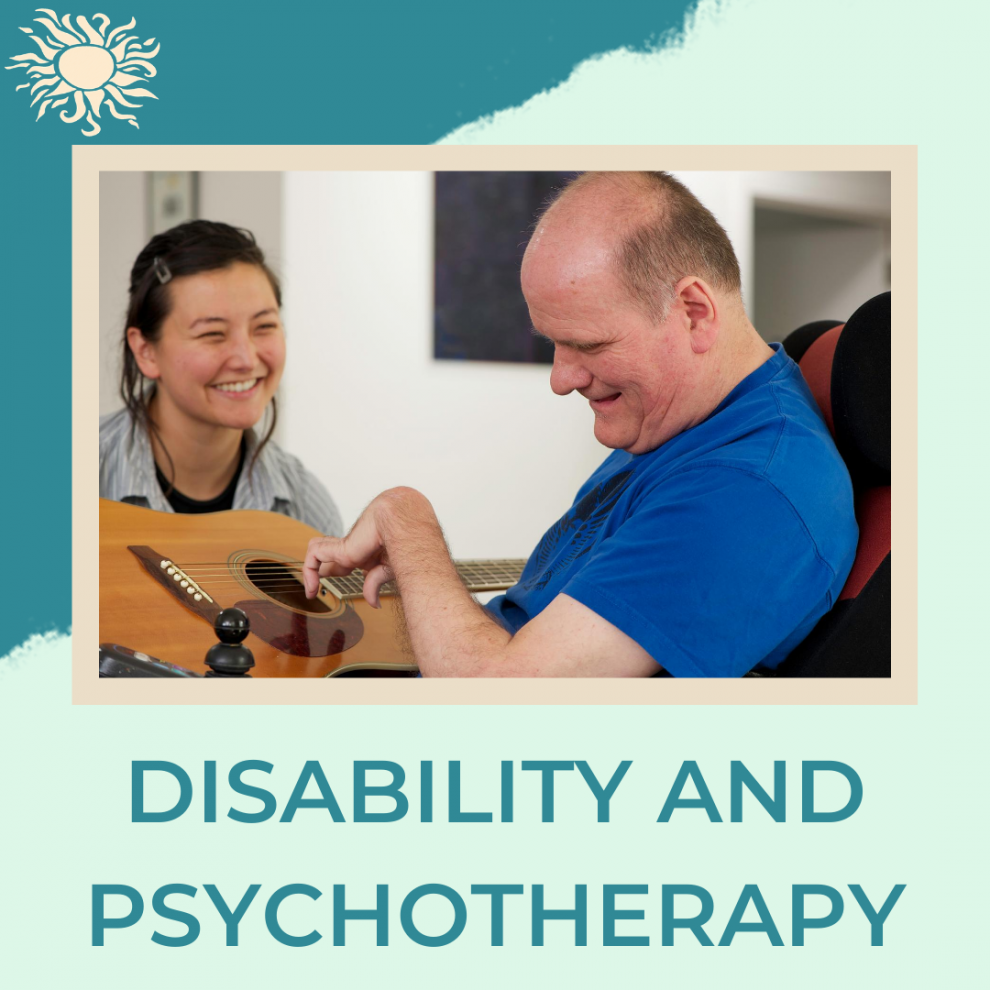Psychotherapy can be challenging for people with disabilities due to several reasons. Here are some of the challenges that people with disabilities may face during psychotherapy:
Accessibility
Accessibility is a significant challenge for people with disabilities when it comes to accessing psychotherapy. Many therapists’ offices may not be wheelchair accessible, making it difficult for clients with physical disabilities to access the care they need. Additionally, people with disabilities may face transportation barriers that make it difficult to travel to appointments.
Communication Barriers
People with disabilities may also face communication barriers during psychotherapy sessions. For example, people with hearing impairments may struggle to communicate with therapists who do not use sign language. Similarly, people with speech impairments may have difficulty communicating their thoughts and feelings to therapists who do not understand their communication style.
Stigma and Discrimination
Stigma and discrimination can also pose a challenge for people with disabilities during psychotherapy. Some therapists may hold negative attitudes or stereotypes about people with disabilities, which can impact the quality of care they provide. Additionally, people with disabilities may face discrimination from healthcare providers or insurance companies, making it difficult to access the care they need.
Lack of Disability-specific Training
Many therapists do not have specific training in working with people with disabilities, which can lead to a lack of understanding of the unique challenges that people with disabilities may face. This can impact the effectiveness of psychotherapy for people with disabilities and may result in a lack of understanding and empathy from the therapist.
In conclusion, there are several challenges that people with disabilities may face when accessing psychotherapy. These challenges include accessibility, communication barriers, stigma and discrimination, and a lack of disability-specific training among therapists. Addressing these challenges is crucial to ensure that people with disabilities can access the care they need to manage their mental health effectively.
Finding a suitable therapist can be a challenging task, especially for people with disabilities. Here are some tips for finding a therapist that meets the unique needs of people with disabilities.
Experience with Disability Issues
It is essential to find a therapist who has experience working with people with disabilities. A therapist who understands the unique challenges of living with a disability can provide better care and support.
Communication and Interpersonal Skills
Good communication and interpersonal skills are critical for a therapist working with people with disabilities. The therapist should be patient, empathetic, and willing to listen to the client’s needs and concerns. They should also be able to communicate in a way that the client can understand and feel comfortable with.
Additional Considerations
Other factors to consider when choosing a therapist for people with disabilities include the therapist’s specialty, insurance coverage, and cost. It is also important to ensure that the therapist follows ethical standards and has a valid license.
In conclusion, finding a therapist who understands the unique needs and challenges of people with disabilities is crucial for effective psychotherapy. By considering factors like accessibility, experience with disability issues, and good communication and interpersonal skills, people with disabilities can find a therapist who can provide the support and care they need to manage their mental health.

























Good post. I learn something totally new and challenging on blogs I stumbleupon on a daily basis. Its always useful to read content from other authors and practice something from their websites.
Excellent blog post. I certainly love this website. Keep it up!
[…] Challenges of psychotherapy for people with disabilities […]
Thank you for every other informative website. Where else may I am getting that kind of information written in such
a perfect way? I’ve a project that I am simply
now working on, and I’ve been at the look out for such info.
Thank you So much 🙂
I was suggested this blog via my cousin. I
am no longer positive whether this post is written via him as
nobody else recognise such distinctive approximately my
trouble. You’re wonderful! Thank you!
Heya i’m for the first time here. I came across this board and I find It truly
useful & it helped me out much. I’m hoping to provide something back and help others such as you
helped me.
Very nice post. I just stumbled upon your weblog and wanted to say that I’ve truly enjoyed browsing your blog posts.
After all I will be subscribing to your rss feed and I hope you write again soon!
Wow, wonderful blog layout! How long have you been blogging for?
you made blogging look easy. The overall look of your site is excellent,
let alone the content!
Thank you So much 🙂
If you wish for to improve your knowledge simply keep visiting this website and be updated with the most up-to-date news posted here.
Hi my loved one! I want to say that this post is amazing, great
written and come with approximately all vital infos.
I’d like to see more posts like this .